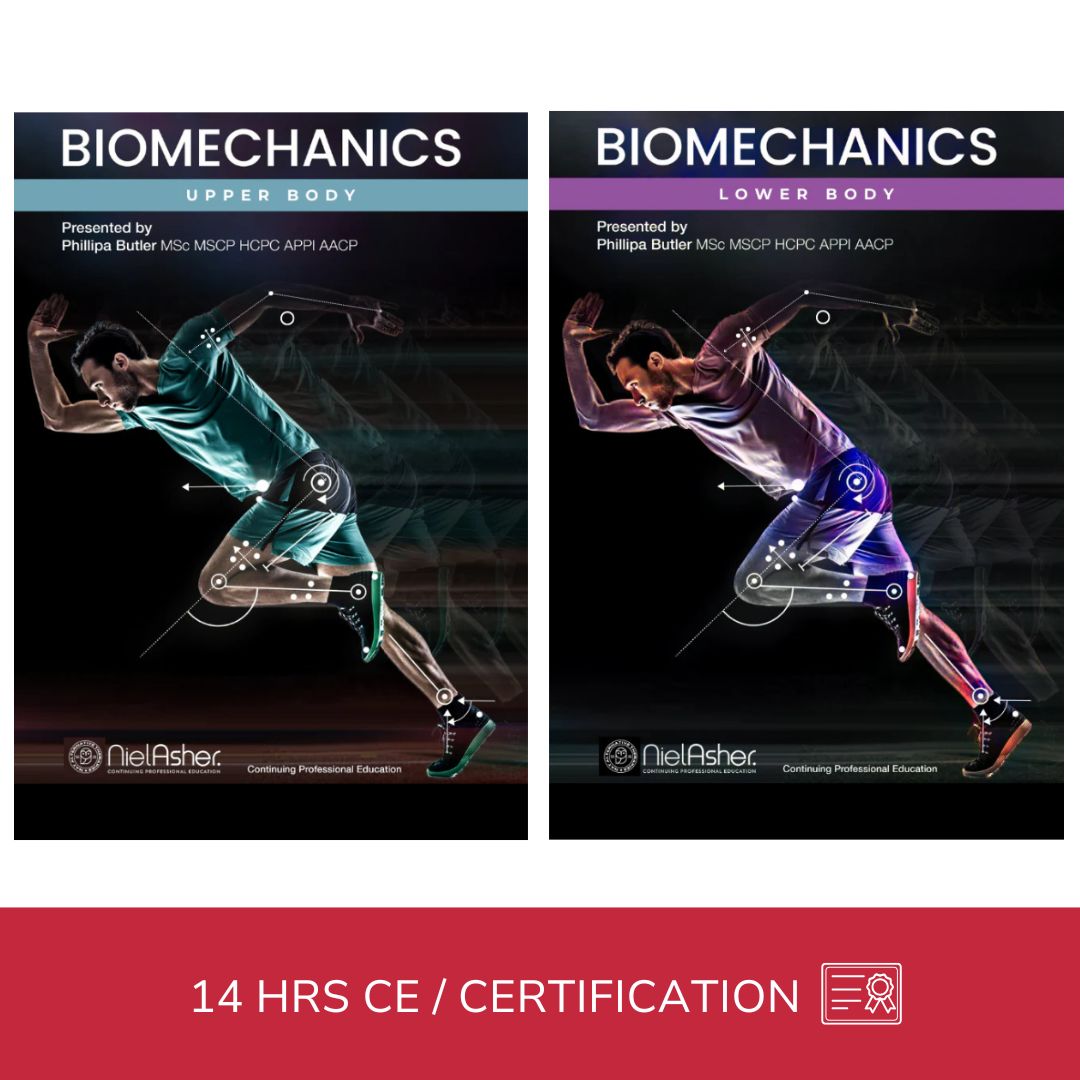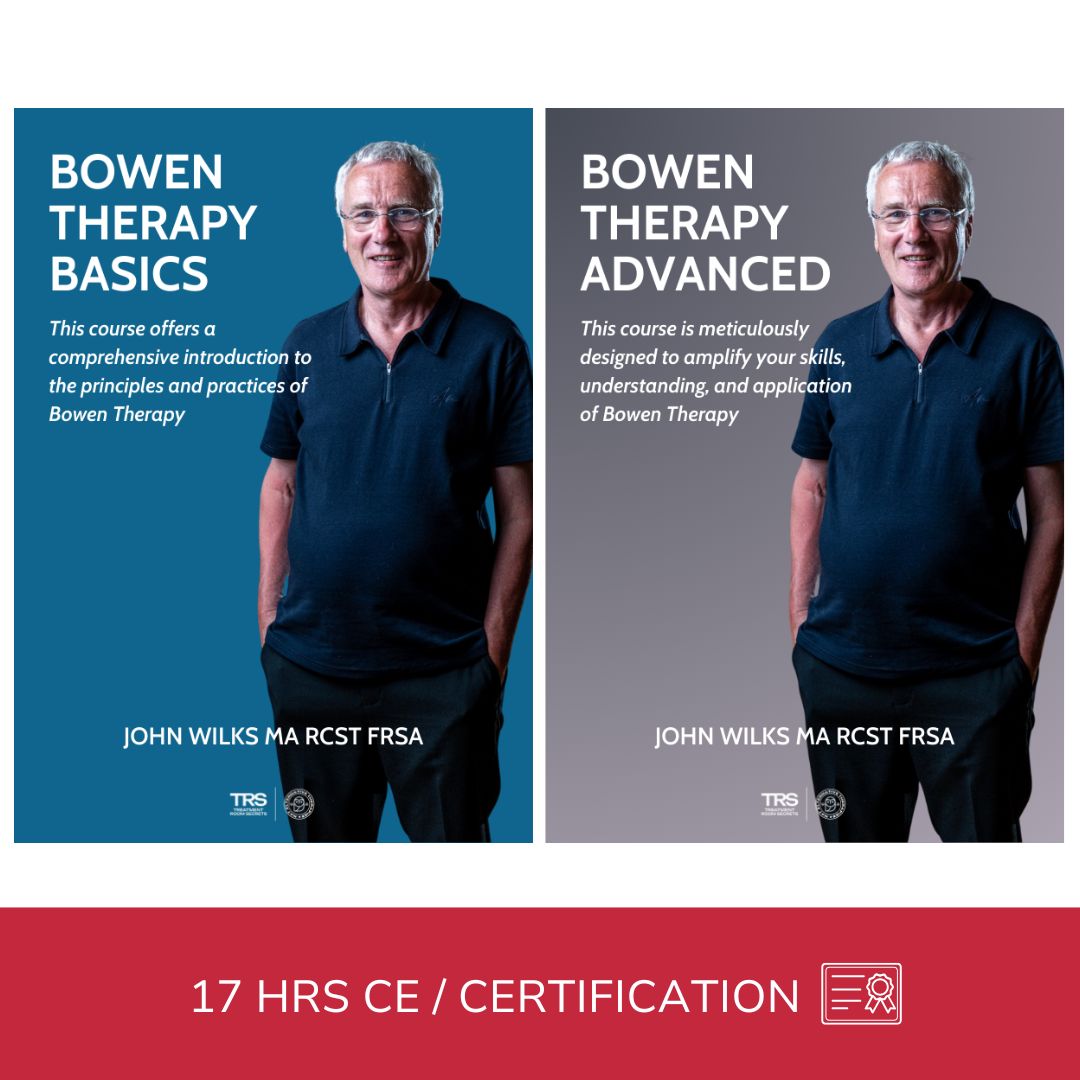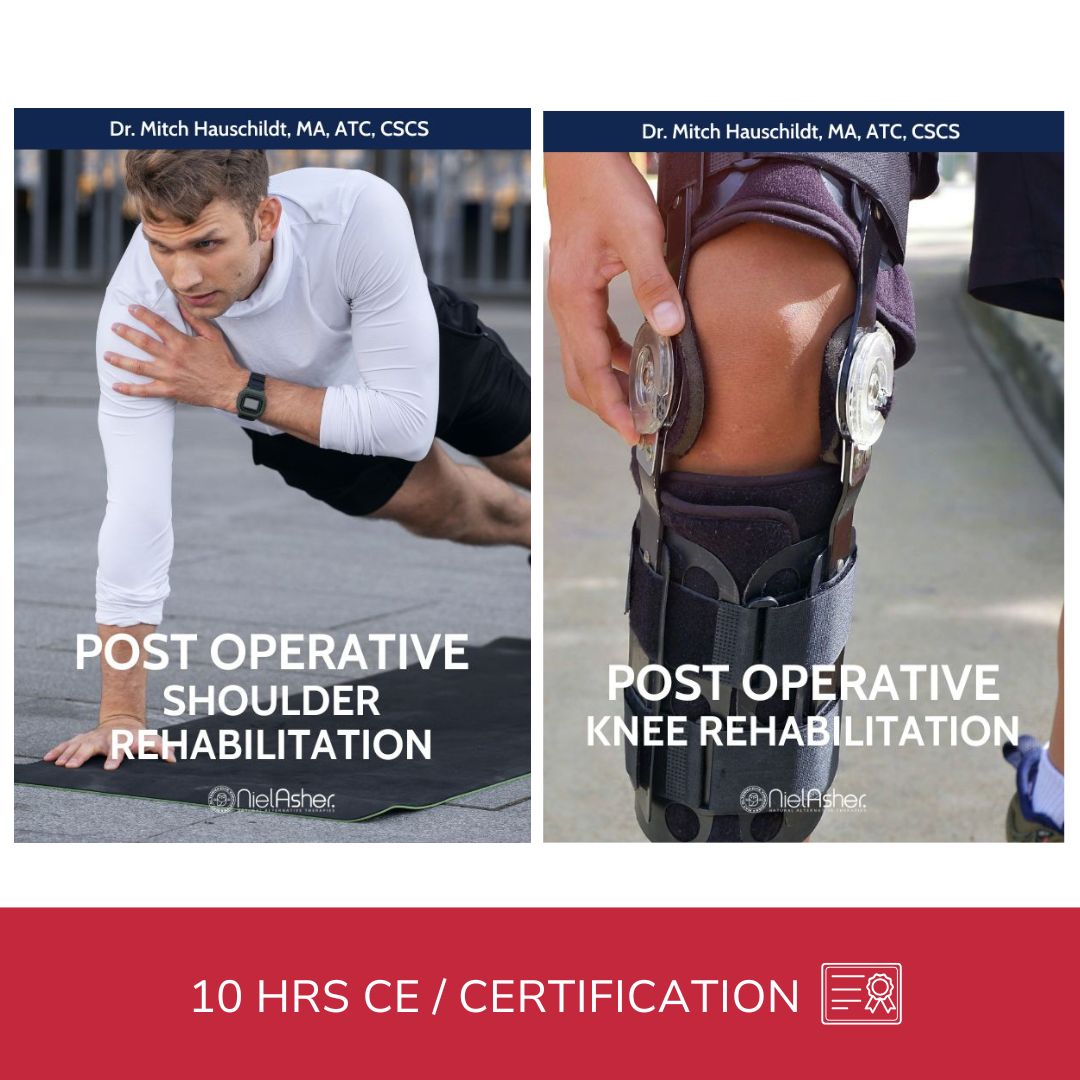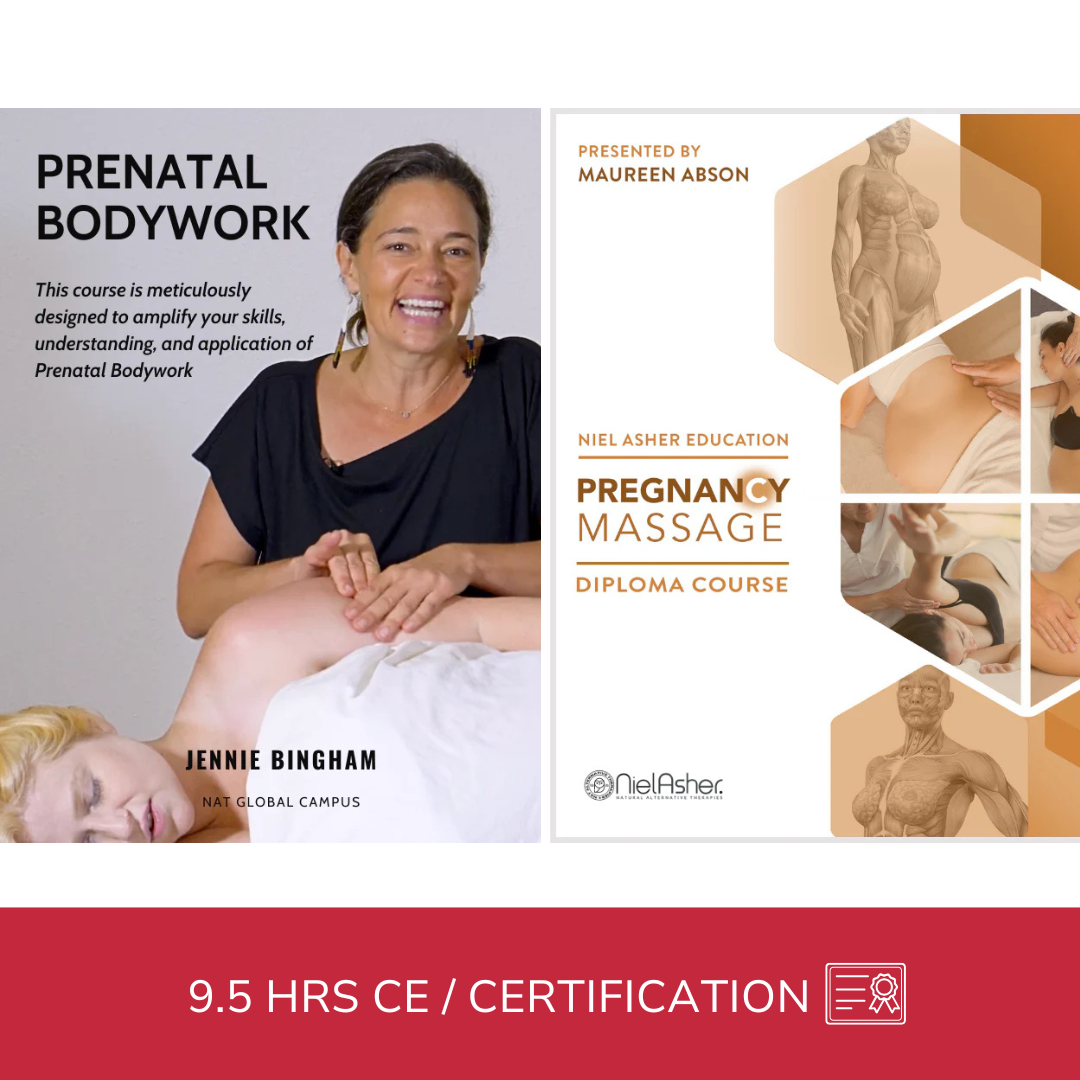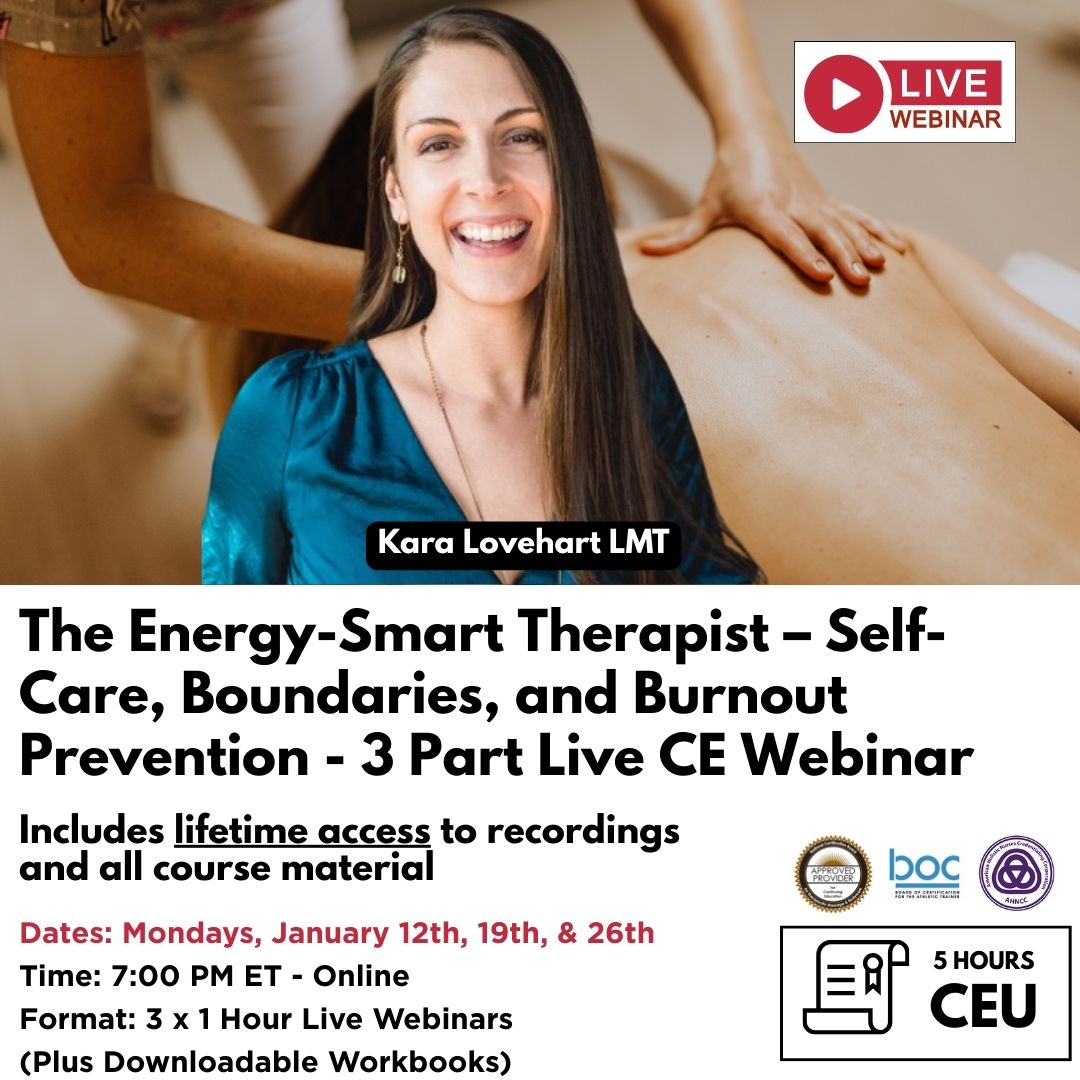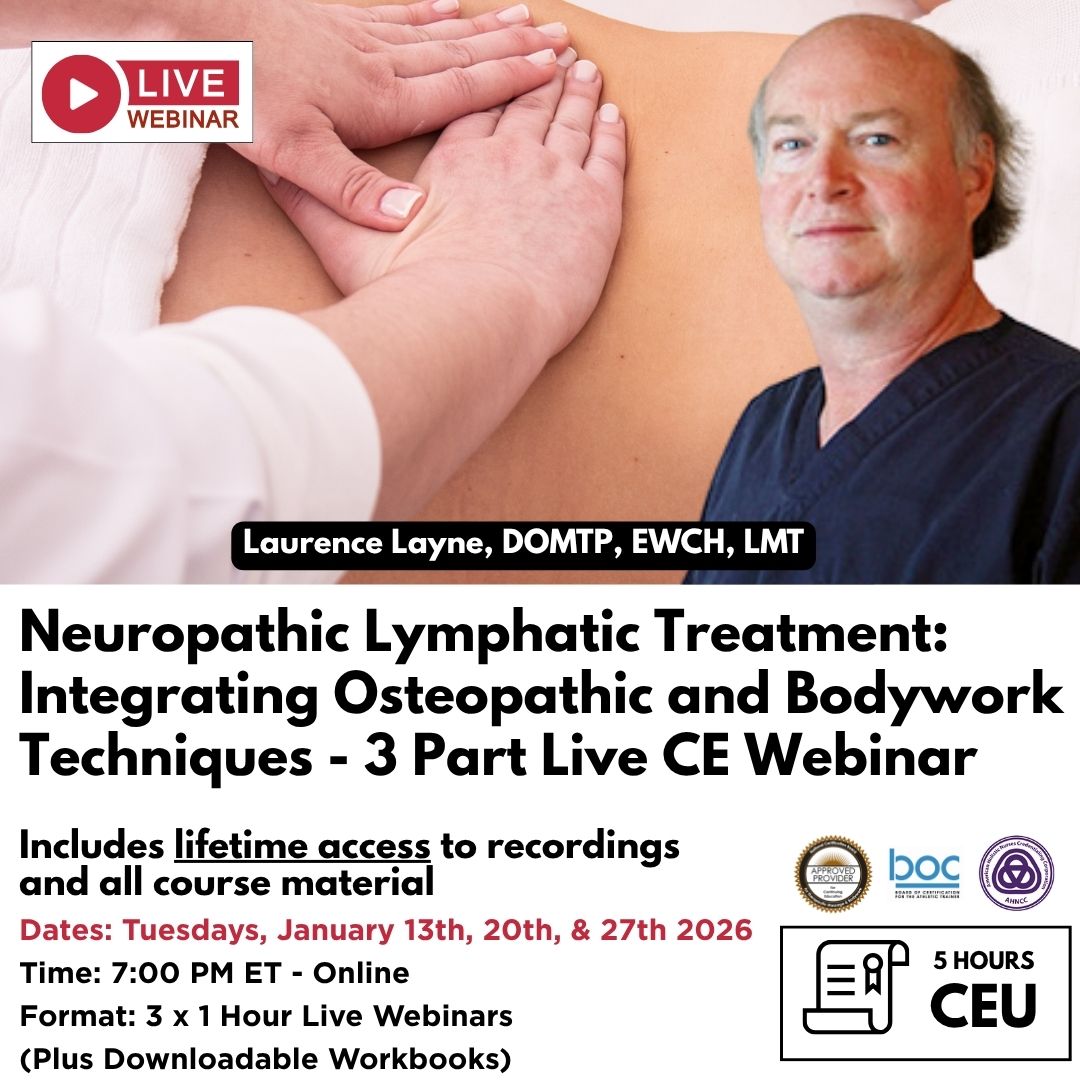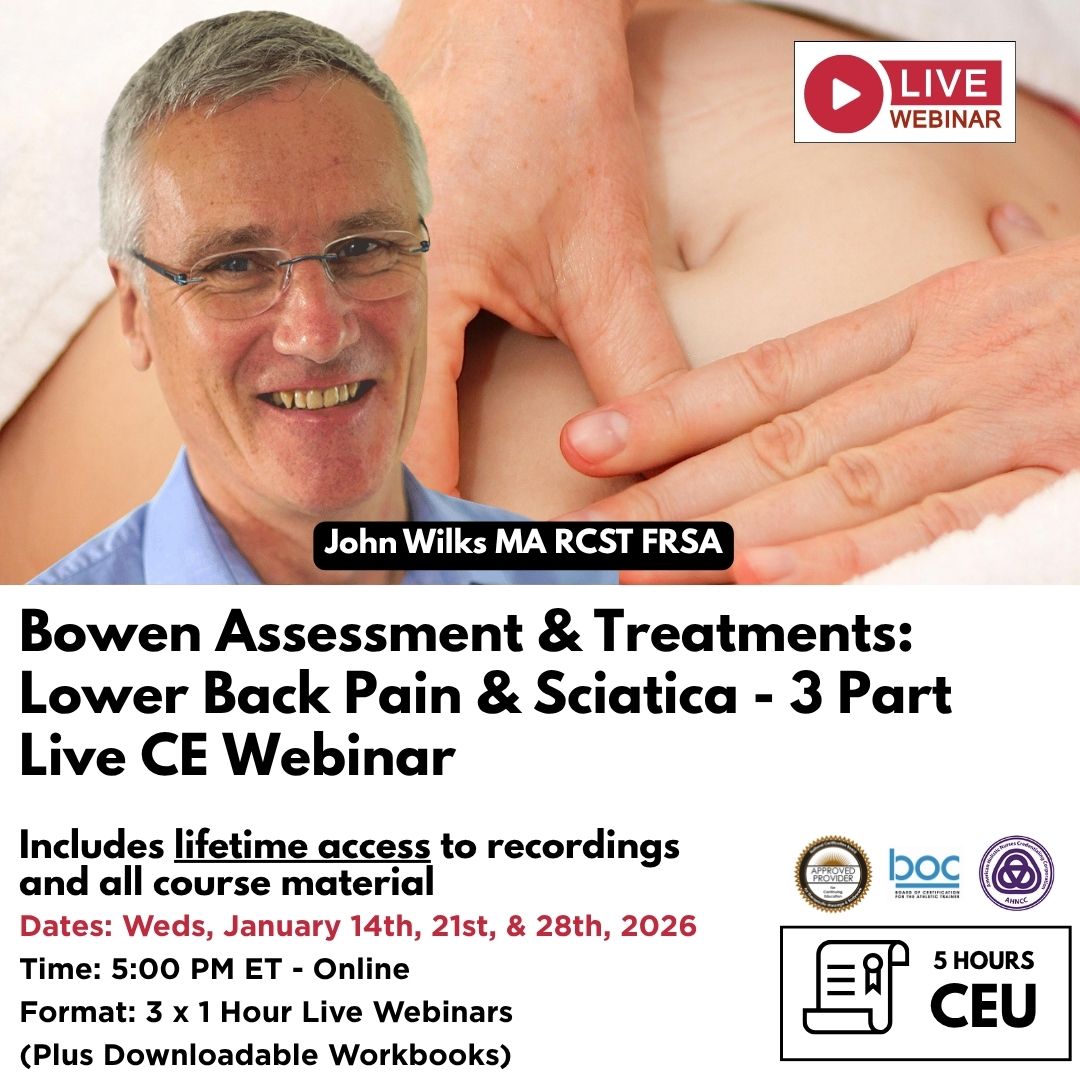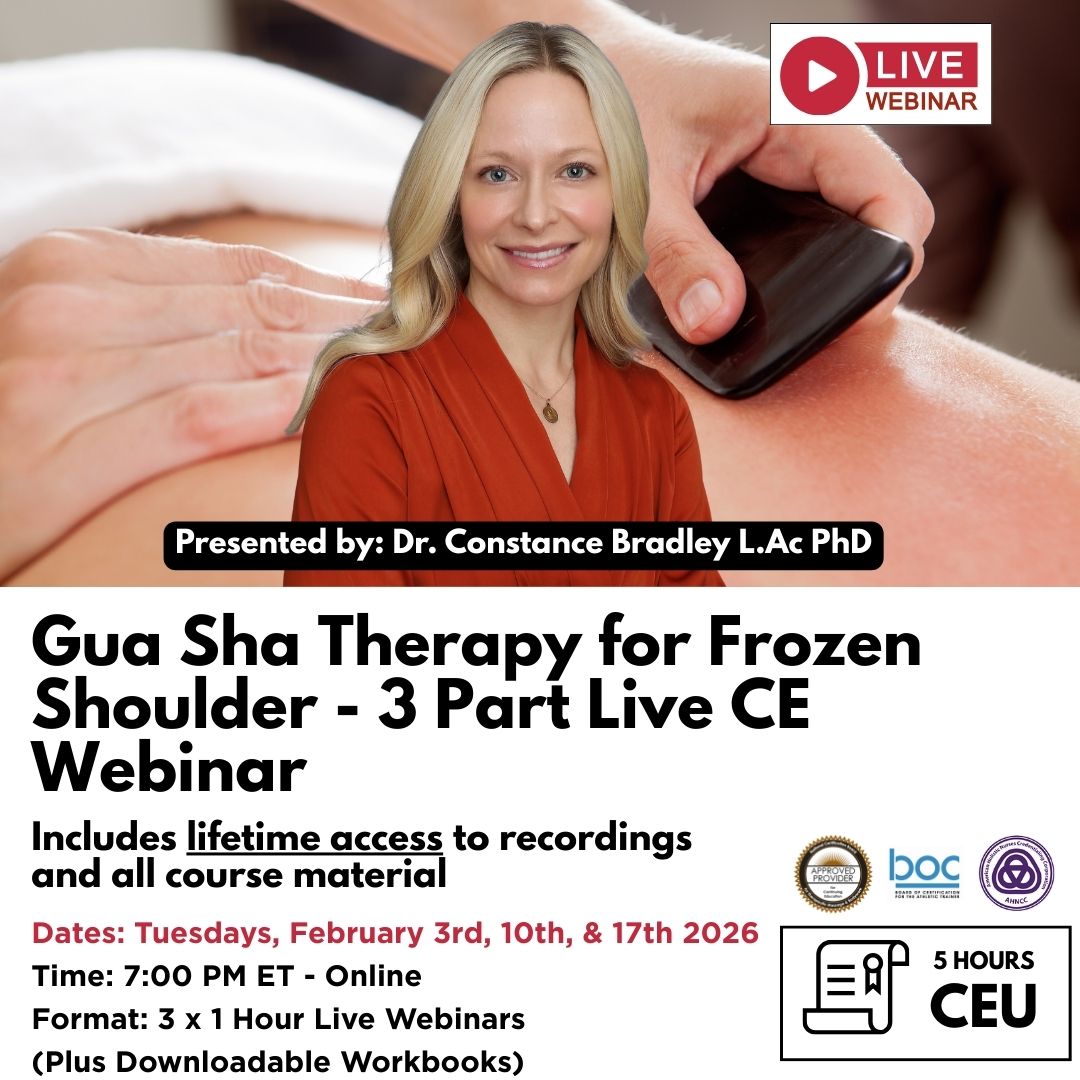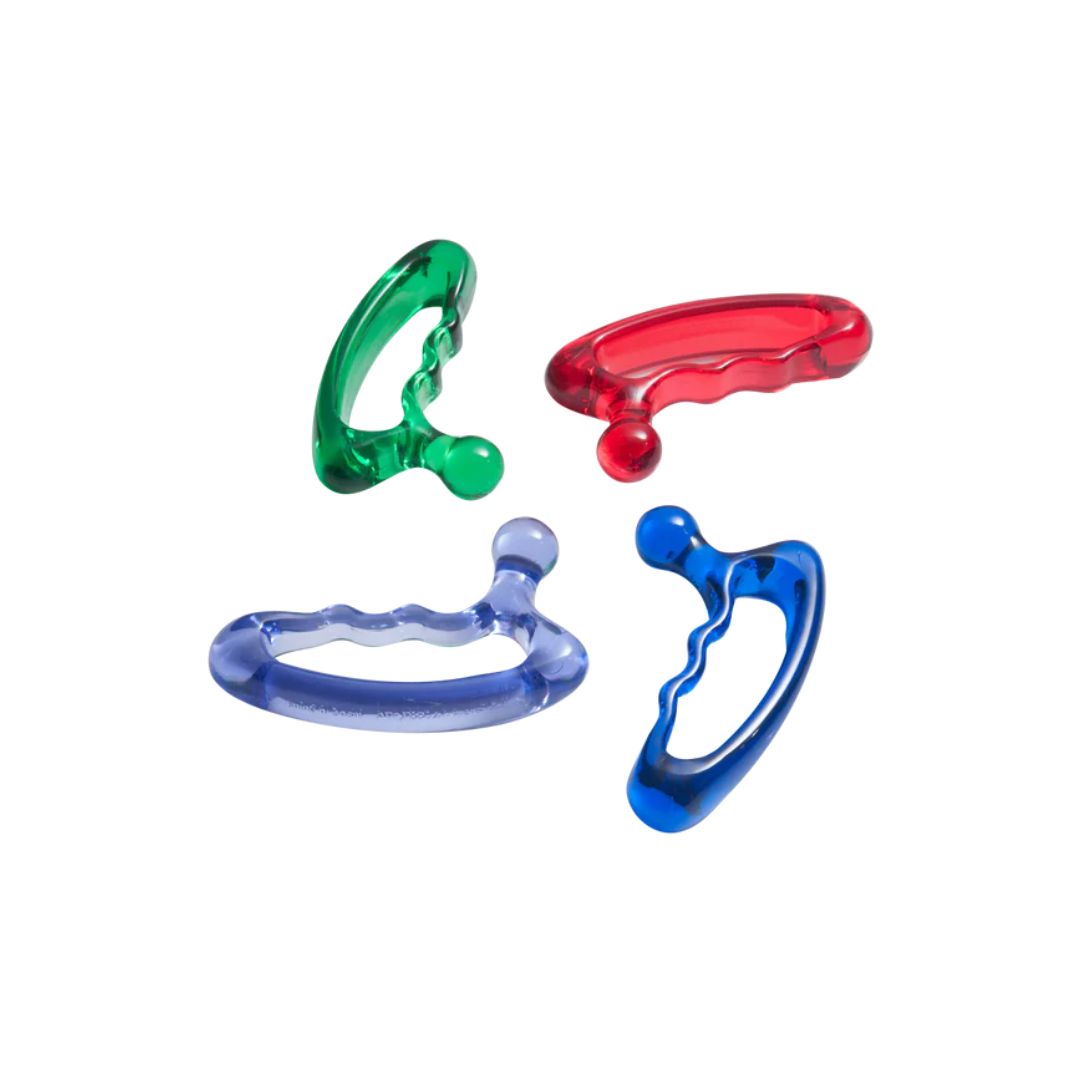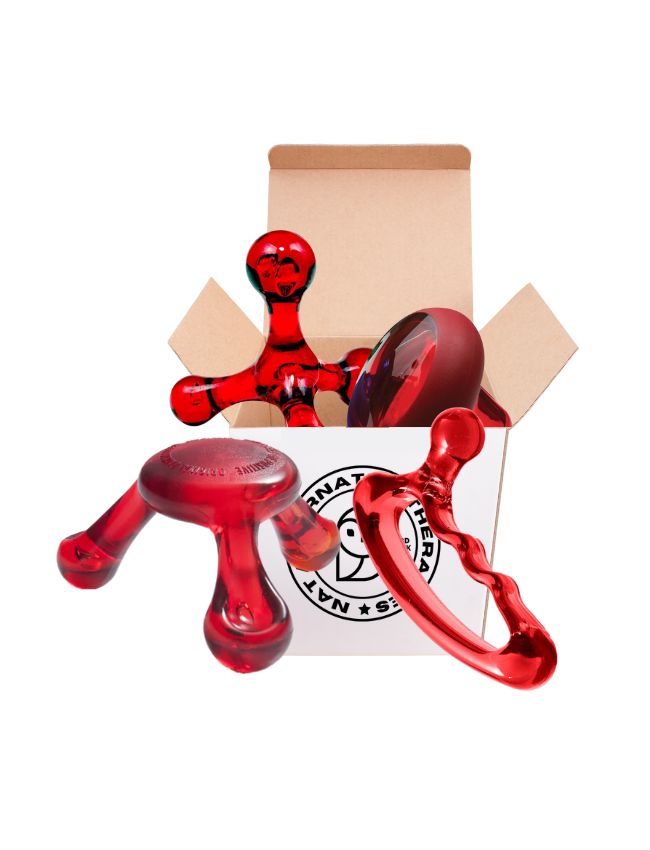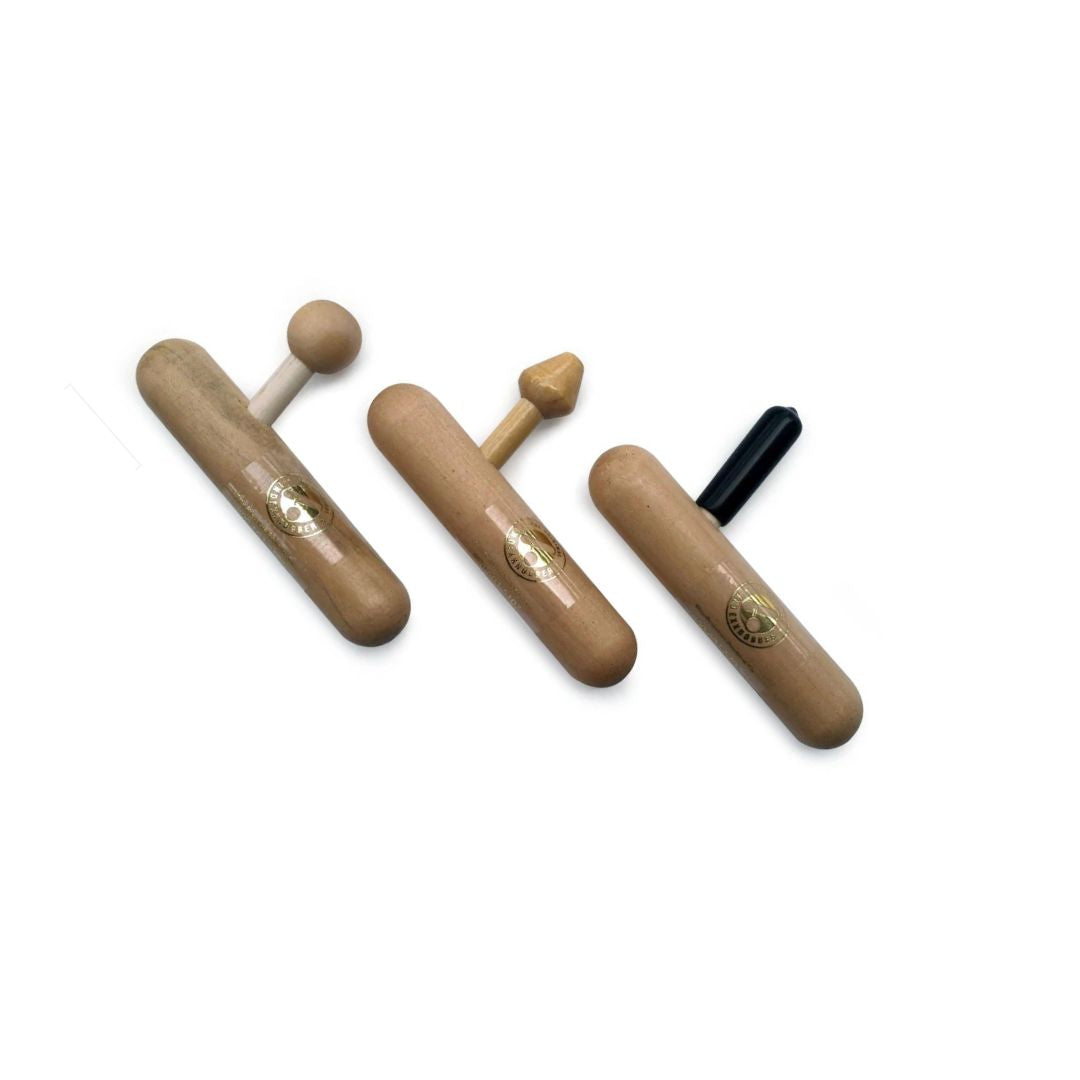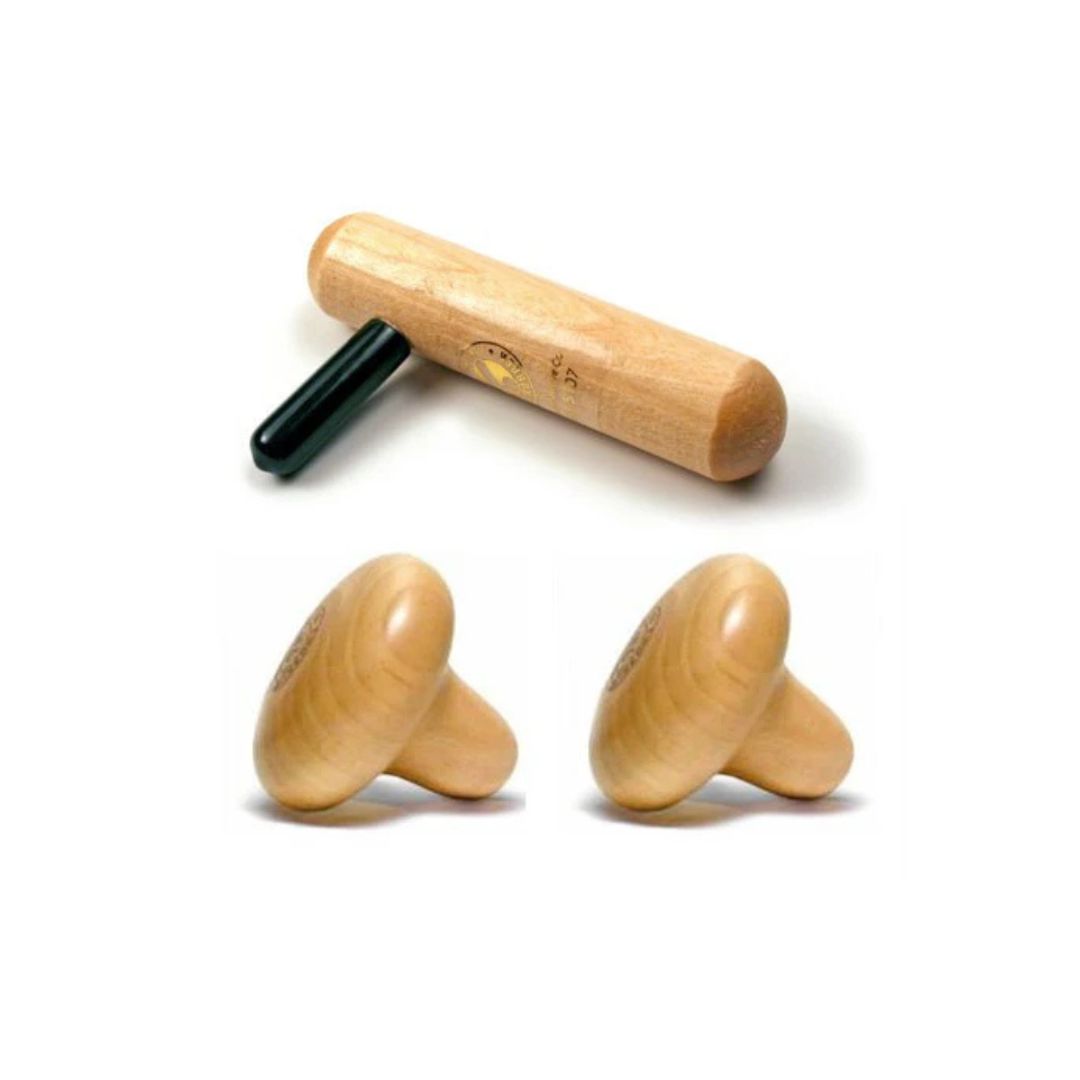How to Stretch for the IT Band
Stretching for the IT Band Post Play/Workout
The soft tissue structure of the ITB has been shown through research not to change in length by even 1% using almost one ton of pressure
I consider the following MET an appropriate procedure to be included within a treatment plan, as I feel that it will assist in some way to alter the “tone” of the TFL muscle, rather than altering the length of the connective tissue component, i.e. the ITB.
It makes a lot more sense to me to use the PIR effect of METs on the TFL muscle, as I personally believe that this technique helps relax the TFL and hopefully will induce some reduction in tone in the ITB.
Below I have outlined my preferred way of treating these structures, rather than spending a great deal of time on deep massage (generally called stripping the ITB), or advocating the use of a foam roller, to help lengthen the ITB.
Techniques of this type (foam roller in particular) may not actually be doing what they have supposedly been designed for in the past, because the soft tissue structure of the ITB has been shown through research not to change in length by even 1% using almost one ton of pressure.
Foam Rolling can be extremely useful ... but not always!
Let me give you an example to illustrate the above. When the weather is particularly warm at my clinic in Oxford, and especially when I am lecturing, I tend to look out of the window and across the running track to a small area of grass.
Almost every day (only when the weather is good), I see a young man spending anywhere between two and three hours rolling his legs using a foam roller.
He has been given the nickname “Roller Dave” for obvious reasons, and I have even questioned him on why he does this to his legs.
He simply tells me that his therapist recommends doing this every day to release his ITBs ... I will leave that thought process with you!
Muscle Energy Techniques - Learn More
MET Treatment Protocol
Anyway, back to the treatment protocol. The patient adopts a supine position, and the therapist crosses the patient’s flexed left leg over the right leg.
The therapist controls the patient’s left knee with their right hand and holds onto the patient’s right ankle with their left hand. The patient’s right leg is then placed into an adducted position until a bind is felt.
From the position of bind, the patient is asked to abduct their right leg against a resistance applied by the therapist, as shown below.
IT Band Syndrome - Online Course

The patient abducts their right leg against a resistance.
After a 10-second contraction, and during the relaxation phase, the therapist passively takes the patient’s right leg into further adduction (as below). This will encourage a lengthening of the right TFL and may possibly have an effect on the ITB as well (albeit small).

The patient’s left knee is stabilized, while the therapist adducts the right leg, lengthening the TFL muscle.
If you look at the illustration below, you'll note that the patient has now adopted a side-bent position to the left. This will encourage a lengthening of the right QL muscle as well as a lengthening of the TFL and ITB.

The patient side bends to the left, while the therapist adducts the right leg, lengthening the QL and TFL muscles.
Find a Trigger Point Professional in your area
Dry Needling for Trigger Points
Certify as a Trigger Point Therapist
NAT Online Trigger Point Courses:
This trigger point therapy blog is intended to be used for information purposes only and is not intended to be used for medical diagnosis or treatment or to substitute for a medical diagnosis and/or treatment rendered or prescribed by a physician or competent healthcare professional. This information is designed as educational material, but should not be taken as a recommendation for treatment of any particular person or patient. Always consult your physician if you think you need treatment or if you feel unwell.
About Niel Asher Education
Niel Asher Education (NAT Global Campus) is a globally recognised provider of high-quality professional learning for hands-on health and movement practitioners. Through an extensive catalogue of expert-led online courses, NAT delivers continuing education for massage therapists, supporting both newly qualified and highly experienced professionals with practical, clinically relevant training designed for real-world practice.
Beyond massage therapy, Niel Asher Education offers comprehensive continuing education for physical therapists, continuing education for athletic trainers, continuing education for chiropractors, and continuing education for rehabilitation professionals working across a wide range of clinical, sports, and wellness environments. Courses span manual therapy, movement, rehabilitation, pain management, integrative therapies, and practitioner self-care, with content presented by respected educators and clinicians from around the world.
Known for its high production values and practitioner-focused approach, Niel Asher Education emphasises clarity, practical application, and professional integrity. Its online learning model allows practitioners to study at their own pace while earning recognised certificates and maintaining ongoing professional development requirements, making continuing education accessible regardless of location or schedule.
Through partnerships with leading educational platforms and organisations worldwide, Niel Asher Education continues to expand access to trusted, high-quality continuing education for massage therapists, continuing education for physical therapists, continuing education for athletic trainers, continuing education for chiropractors, and continuing education for rehabilitation professionals, supporting lifelong learning and professional excellence across the global therapy community.

Continuing Professional Education
Looking for Massage Therapy CEUs, PT and ATC continuing education, chiropractic CE, or advanced manual therapy training? Explore our evidence-based online courses designed for hands-on professionals.


